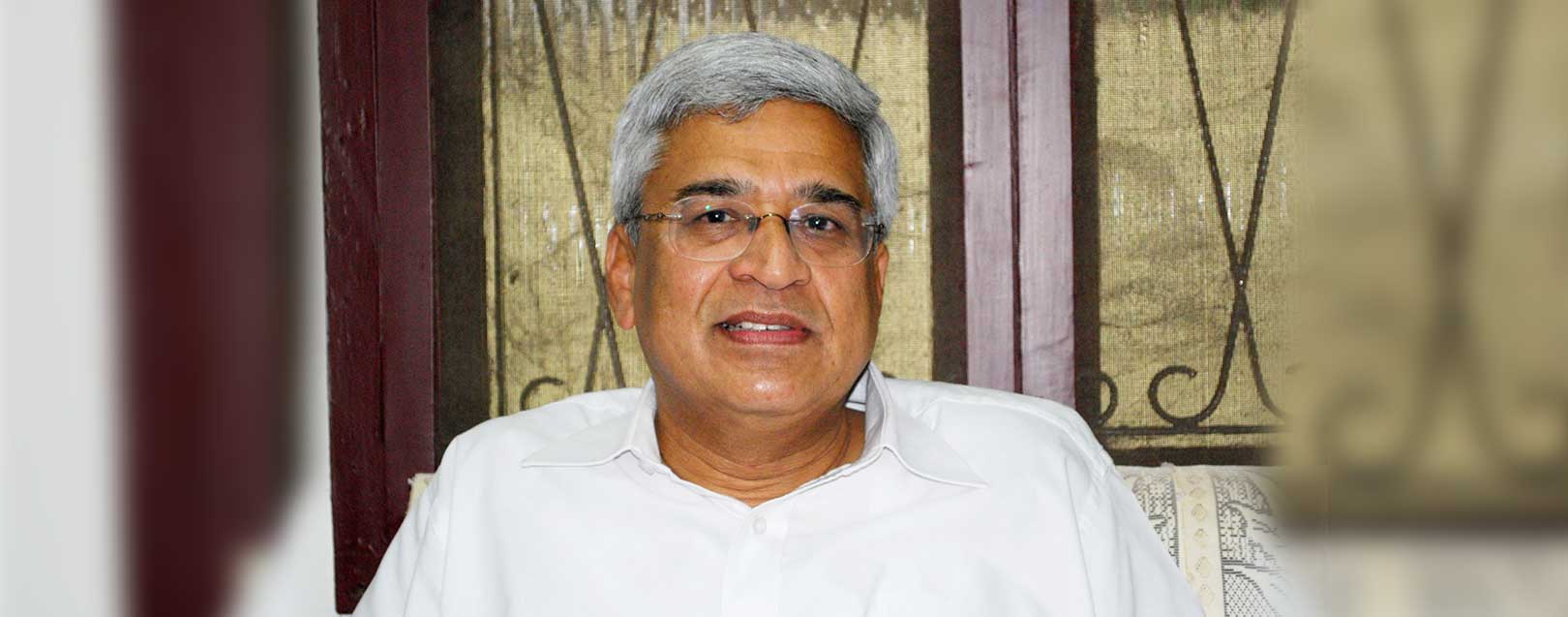
Govt has not attracted much FDI in manufacturing, Prakash Karat
by Manishika Miglani
The ruling party BJP had made a host of promises during its election campaign such as creating enough jobs and consolidating the business sentiments in the country. Prakash Karat, former General Secretary, Communist Party of India (Marxist), in an interview with The Dollar Business, talks about the current government’s performance on these fronts and also shared his views on the impact and scenario post-demonetisation.
TDB: Has the demonetisation move by the Government served its purpose of eradicating black money, stopping terrorism funding and driving India towards a cashless economy?
Prakash Karat (PK): The stated intention of the Government for withdrawing Rs.500 and Rs.1000 notes from circulation was to help curb black money, corruption and to stop terrorist funding. But this exercise has achieved none of its goals. We had pointed out that black money is not a stack of money kept in currency notes but generated through unfair activities within the economic system. It is in the form of real estate, kept in the form of jewellery or the money sent out of the country through illegal means.
After withdrawing 86% of the currency in circulation, which is worth Rs.15.5 lakh crore, the Government had expected around Rs.4-5 lakh crore worth of currency would not be deposited back into the banks. Even though the Reserve Bank of India (RBI) has not yet released the figures, it has become clear that about 92-97% of the old notes have been deposited back into the bank. This means that either the black money in notes was minimal or the black money has been deposited and converted into white. The main purpose of demonetisation, therefore has been defeated.
Demonetisation had created major disruptions in the economy across all the sectors including agriculture, manufacturing and services. This has led to a large-scale loss of livelihood and incomes, especially in small & medium enterprises (SMEs) as small traders suffered the most due to currency crunch.
In the first few weeks of announcing the decision, the Government realised that demonetisation is not going to meet its major purpose of eradicating black money from the economy. That is when they switched to highlighting the decision as paving the way for a digital or cashless economy. This is also not practical in terms of changing the scenario immediately as cash is an important component of many transactions in the country and one cannot eliminate the informal economy which is heavily dependant on it. You cannot expect people to switch to digital transactions immediately where only 13% of rural population has smartphones, along with so many infrastructural and technical problems connected with it. Therefore, the purpose of demonetisation was rather political than pursuing an economic imperative.
Demonetisation generally happens when there is an economic crisis or when there is some high-pay inflation that needs to be tackled. The ruling government thought of taking this dramatic step just to keep their promise of bringing back the undeclared wealth. Instead of reaping any positive results, the move led to a recessionary situation in the country where the demand was heavily down and the consumption also went down drastically.
TDB: Has the government been successful in creating enough jobs, as promised? What is your take on employment generation in the MSME sector, a major employer?
PK: One of the main promises of the current government at the time of elections was to generate employment in the country. On the contrary, their record on this front is dismal so far. The rate of employment has declined sharply from the previously recorded statistics and there is no job creation in the economy. There is no other way of doing it apart from stepping up public expenditure in the sectors where jobs can be created. The Government should also not let the fiscal deficit go beyond 3% of the GDP, failing which they will not be able to provide any stimulus to the economy in terms of employment generation.
MSMEs operating in the country have traditionally been a major source of employment but we are not seeing any growth in jobs in this sector too. In fact, demonetisation has given a huge set-back to the sector because a large number of small enterprises are dependant on cash for paying out wages. In the first week of demonetisation, the Government had set a limit of Rs.50,000 a week to withdraw from banks by the businesses due to which only 10% of the people employed in MSMEs could have been given their wages. Therefore, many enterprises had resorted to cutting down production and reduced the number of employees, leading to an adverse impact on the sector.
TDB: The government says it has invited large amounts of FDI into the country. What is your take on this?
PK: To understand this, we have to look at the kind of foreign direct investments (FDIs) that have been invited in different sectors and not just consider the volume of such investments made. If we take into account the Government’s ‘Make in India’ initiative for example, not much FDI has been attracted in the manufacturing sector. In my view, the Government should focus on attracting FDI that is needed to boost the economy.
The basic problem with the current government is that it is not able to prioritise and incentivise the sectors for which they should get FDI. Once they are clear on this front, they will successfully consolidate foreign investments into the country.
TDB: Is the Modi-government trying to replicate the Gujarat model of development and is it helping the economy in anyway?
PK: The Gujarat Model of development cannot be replicated for the development of the whole country. We forget that Gujarat always had an advanced industrial base, even before liberalisation. It played up to their strength in consolidating it even further. The approach which worked in Gujarat cannot possibly reap the same results in Bihar, Uttar Pradesh and other eastern states.
Industrialisation will happen only when there is growth and demand in the rural economy. Presently, we are in an agrarian crisis and demonetisation has added to this distress. Therefore, the Government has to set right the balance in all spheres of an economy to be able to achieve industrial growth as a whole.
TDB: Has the export performance improved under the current government?
PK: We have had a long spell of falling exports and the trade deficit continues to widen. It is partly associated with the world economy and a symptom of sickness within our own economy as well. We need to set right a lot of domestic maladies that will ultimately have a beneficial impact on the exports. If not done so, the exports cannot improve in isolation.





